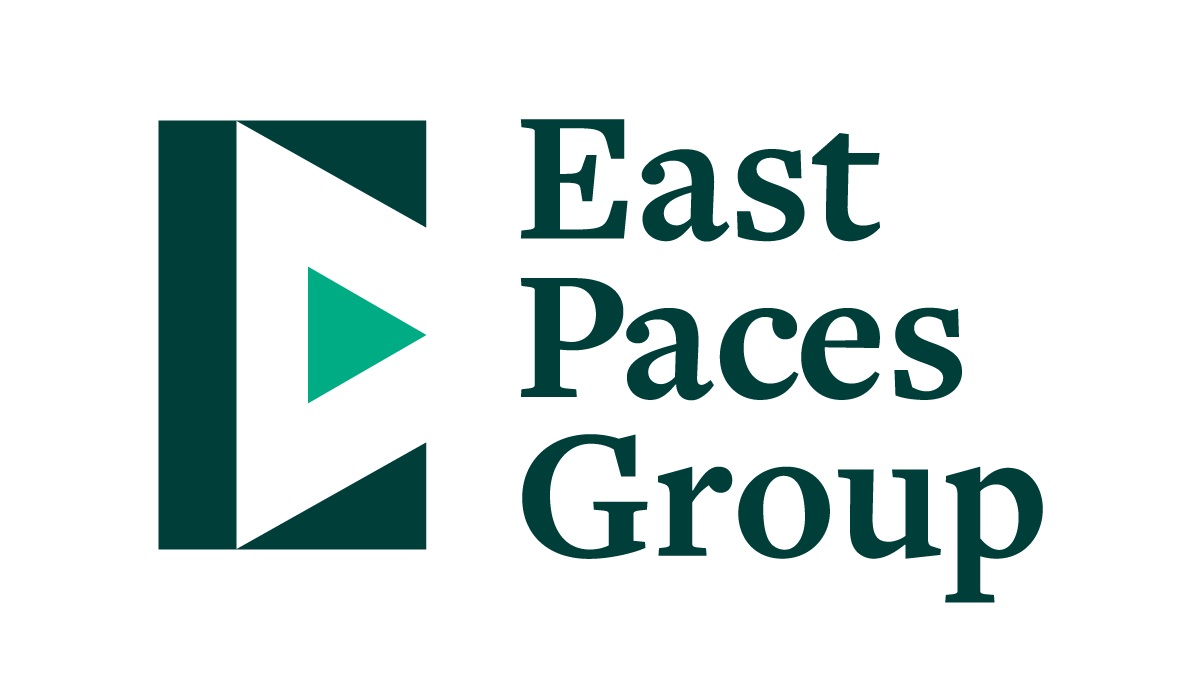Know the 3 "C's" of 'attract & retain'
By Alex Reffett
In the financial advisory world, the battle for a younger, more diverse, and skilled talent pool is heating up every day. The many challenges of the pandemic have undoubtedly been transformational to the industry, so embracing and expanding on these changes is crucial to recruiting and retaining top level employees.
There are several ways for independent RIAs to attract the best talent to their practice – competitive salaries, better benefits, flexible schedules, tech tools and educational resources, clearly defined growth opportunities, to name a few.
Compensation
Unsurprisingly, the almighty dollar is, more often than not, the motivating factor when advisors are deciding which firm they’d like to join. And with a recent report noting that nearly one in three wealth management respondents said low compensation was the top driver of turnover, it’s something that those recruiting new talent need to take seriously.
There are a few different options when it comes to compensation offerings that can help set your firm apart in its search for talent:
High Payouts
Offering competitive salaries is the most obvious and immediate way to attract and retain top talent
Transition Bonuses
Some firms have begun using current asset levels to determine recruiting deals instead of production rates
Forgivable Loans
These tend to be based on the trailing 12 months and is typically paid out shortly after formally registering with a new firm. The loans are often attached to a promissory note which requires someone remain at the company in order to keep the money.
Incentives
Incentive-based compensation should depend on the role of the employee, but some options to consider include new accounts opened, positive asset flow, client retention and satisfaction, and new certifications and educational development.
Ultimately, the monetary perks you should be offering will be dependent on the firm you are trying to build and the types of talent you want to attract. Think beyond your advisors to your administrative and IT staff, too, since these roles are vital to supporting and running your business efficiently and reliably.
Culture
Compensation may be the easiest way to get someone in the door, but the company culture operate in will often dictate their desire to stay.
Most, if not all, advisors will want some level of freedom to operate autonomously. Small and mid-size firms are advantageous in this regard; without strict corporate guidelines to adhere to, they are freer to offer an enjoyable and flexible work environment.
As a result, advisors have high expectations for administrative, information technology, front office, and product development support. According to the same report referenced earlier, advisors want full-time assistants almost as much as they want better compensation, so accommodating this and their other expectations is one way to elevate your offerings.
From a process perspective, the obvious benefit of having someone manage administrative work is that it frees up time for the advisor to focus on what is most important in their role – building and managing client relationships. But just as important is that from a recruitment perspective, it gives the prospective new hire a sense of support before they even sign on.
Despite some resistance, work flexibility is also becoming a staple in the financial industry – both in terms work-from-home opportunities and out-of-state remote positions. As long as the work gets done and performance remains consistent, this can be a major draw for potential new employees.
Connect with employees who are leaving to gain better insight as to what the company could be doing differently and make any necessary changes based off that feedback. Continue to offer support to those who stay and make your appreciation known….
